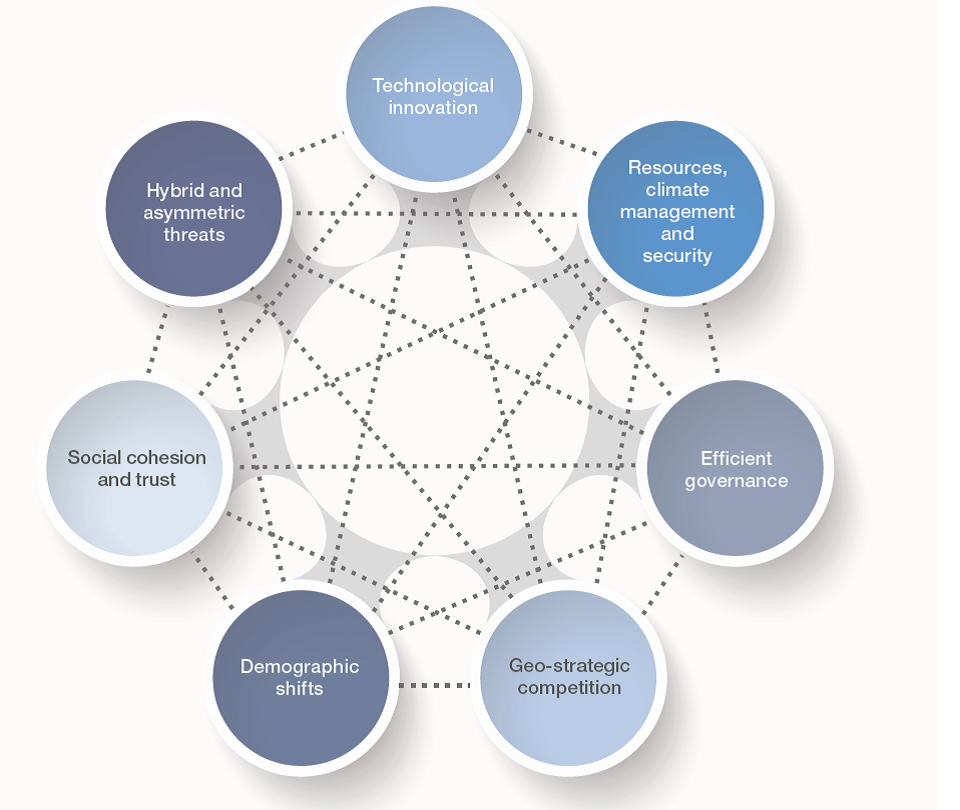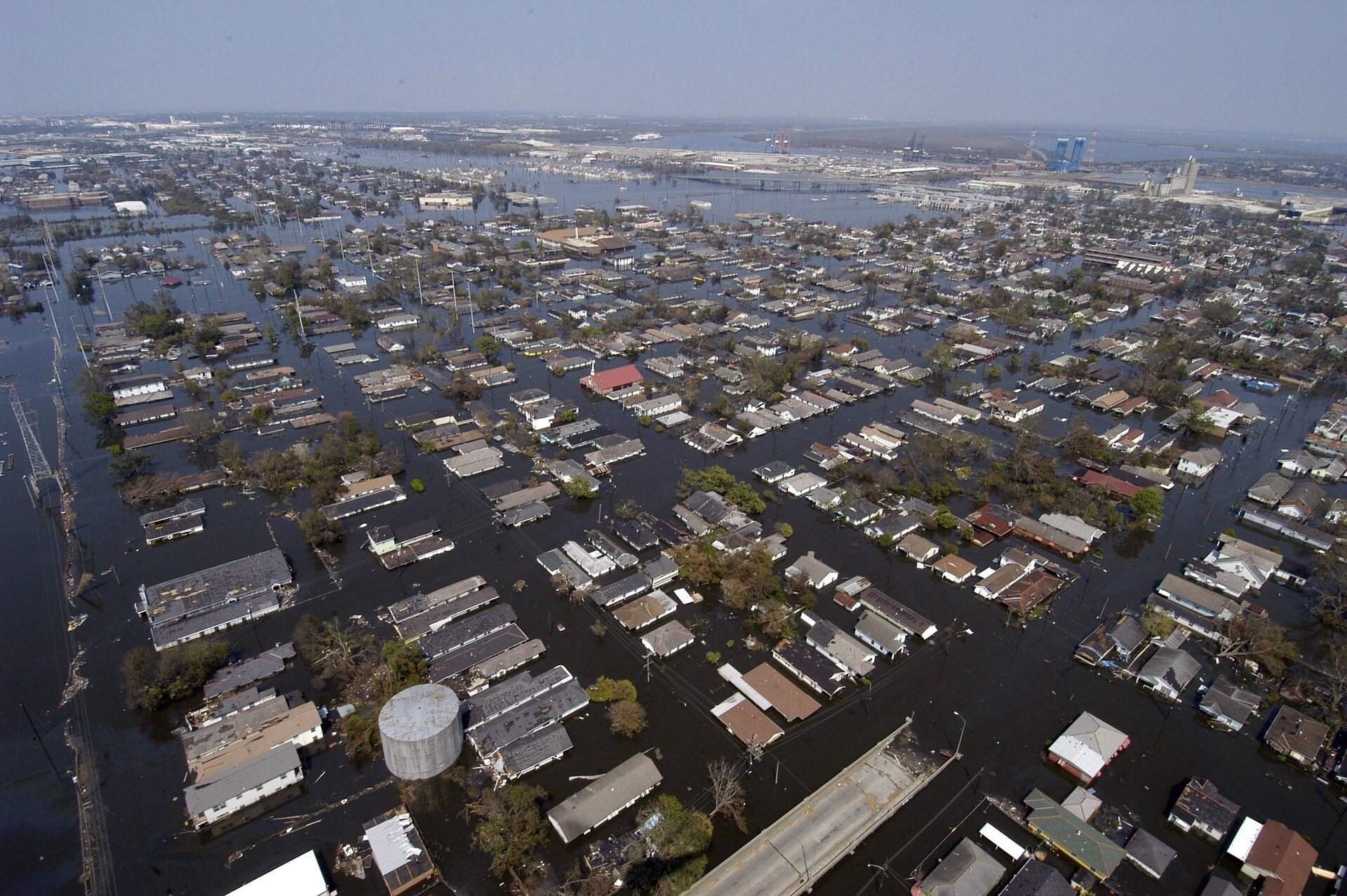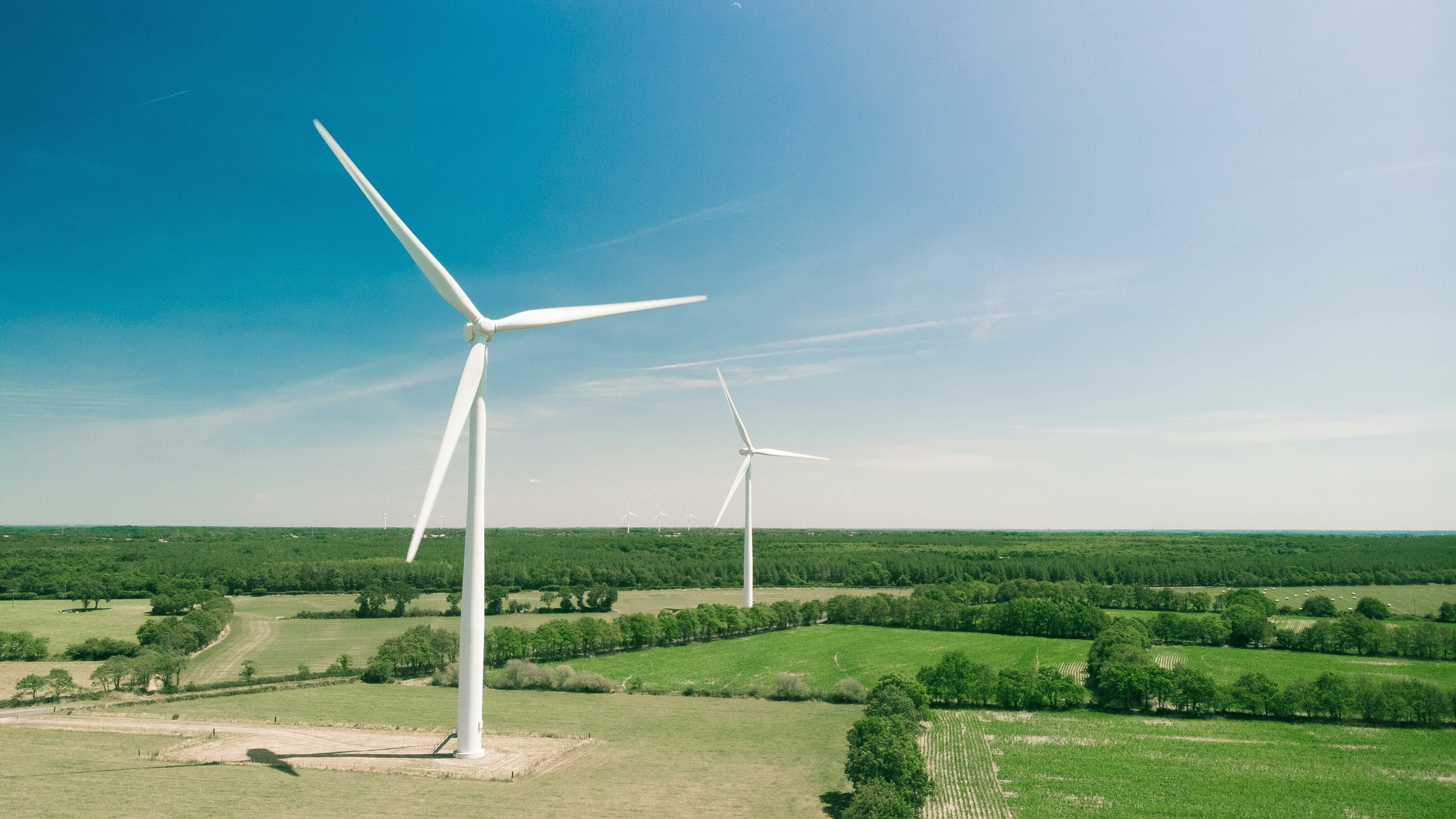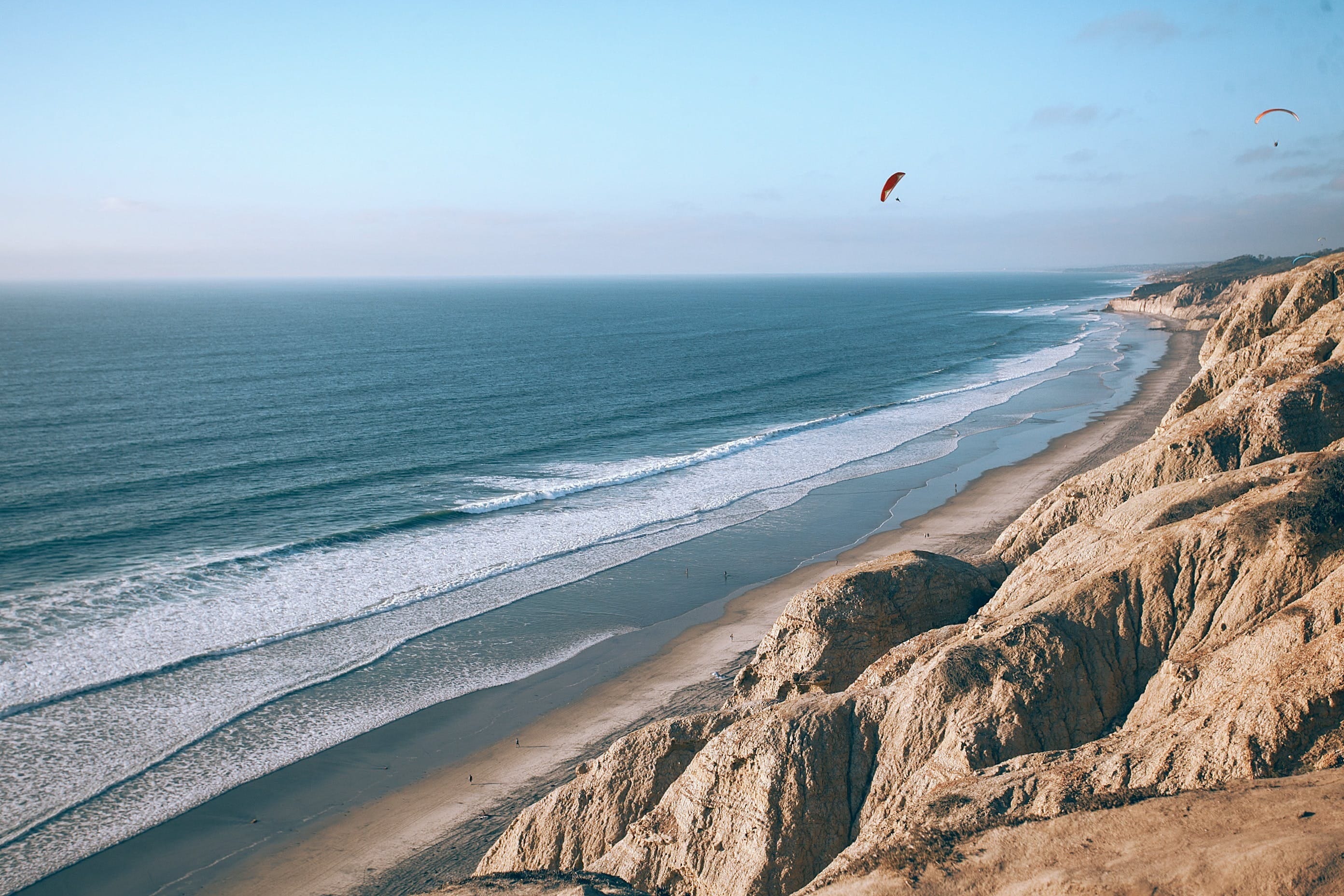What forces are shaping the international security landscape in 2016?

Image: REUTERS/Stephane Mahe

Get involved with our crowdsourced digital platform to deliver impact at scale
Stay up to date:
Global Risks
At the start of 2015, the Forum stated that “the deterioration of the global security scene in 2014 had left many countries and organizations seemingly unprepared to deal with the new context”. Just a few weeks into 2016, it looks like these trends will continue. As this year’s Global Risks Report notes, “Geopolitical uncertainty shows no sign of letting up.”
It’s something many of the business leaders in the Forum community agree with. In fact, for three years in a row, those leaders surveyed as part of the Global Risks Report have rated geopolitical uncertainty to be among the most likely and impactful risks. This is also backed by other studies by the Wharton and Said Business Schools. Whereas the Global Risk Report in 2015 found that businesses saw geopolitical dynamics as a primarily short- to medium-term risk to growth, this year’s report seems to suggest a longer-term horizon for geopolitical risks.
To understand the discrepancies and forces driving this trend, the Forum initiated a year-long consultation, drawing on the expertise of over 280 leaders in six regions, to identify the key drivers, globally and regionally, shaping the changing international security landscape.

Perhaps unsurprisingly, given all we know about the Fourth Industrial Revolution and it’s potential to reshape entire industries and regions, the experts we spoke with said that technological innovation was a key factor influencing international security.
The feedback from our constituents also confirmed that climate change impacts are placing significant strains on water and food supplies, increasing the risks of resources wars and migration, which could spill over into international conflict. Climate change and resources scarcity stand to play a big part in geopolitics and shape the international security landscape over the coming years. This was in line with the findings of the wider Global Risks Report, with executives ranking this the highest risk in terms of impact.
In a year where the UN reported we’re heading for a world of 8.5 billion by 2030 and 11 billion by 2100, with the highest number of youth in history, developed countries conversely face an ageing population. Youth and ageing bulges are contrasted with the permanence of migration, with over 60 million people on the move, and a global stock of 250 million migrants living and working abroad. It is therefore not surprising that demographic shifts ranked among the top drivers of international security. The handling of the refugee crises has left many wondering whether the current governance framework is adequate for dealing with today’s challenges, and the leaders we surveyed agreed that this, along with shifting geo-strategic competition and the fact that existing governance models are under increasing pressure, pose threats to international stability.
Hybrid and asymmetric threats were also ranked as one of the defining drivers (and manifestations) of international security today. With 2015 closing in the shadow of deadly terrorist attacks and an important blurring of the distinction between zones of war and zones of peace, between legitimate combatants, non-traditional adversaries and civilians, the public came to realize that events taking place on another continent can create ripple effects that are felt everywhere.
The past need not define the future. By drawing out the forces driving international security and improving understanding of the risks we face, leaders can start to plan actions aimed at avoiding or minimizing their impact. After all, when the world’s global security landscape is changing at such speed, innovation both in responses and collaboration platforms become our most important tools to prepare and improve outcomes.
Authors: Anja Kaspersen, Senior Director, Head of International Security, World Economic Forum and Isabel de Sola, Practice Lead, International Security, World Economic Forum
Don't miss any update on this topic
Create a free account and access your personalized content collection with our latest publications and analyses.
License and Republishing
World Economic Forum articles may be republished in accordance with the Creative Commons Attribution-NonCommercial-NoDerivatives 4.0 International Public License, and in accordance with our Terms of Use.
The views expressed in this article are those of the author alone and not the World Economic Forum.
Related topics:
The Agenda Weekly
A weekly update of the most important issues driving the global agenda
You can unsubscribe at any time using the link in our emails. For more details, review our privacy policy.
More on Global RisksSee all
Gareth Byatt and Ilan Kelman
March 11, 2024
Andrea Willige
March 6, 2024
Richard Aster
November 15, 2023
Ian Shine and Rebecca Geldard
November 14, 2023
Andrea Willige
October 26, 2023
Simon Torkington
September 14, 2023






